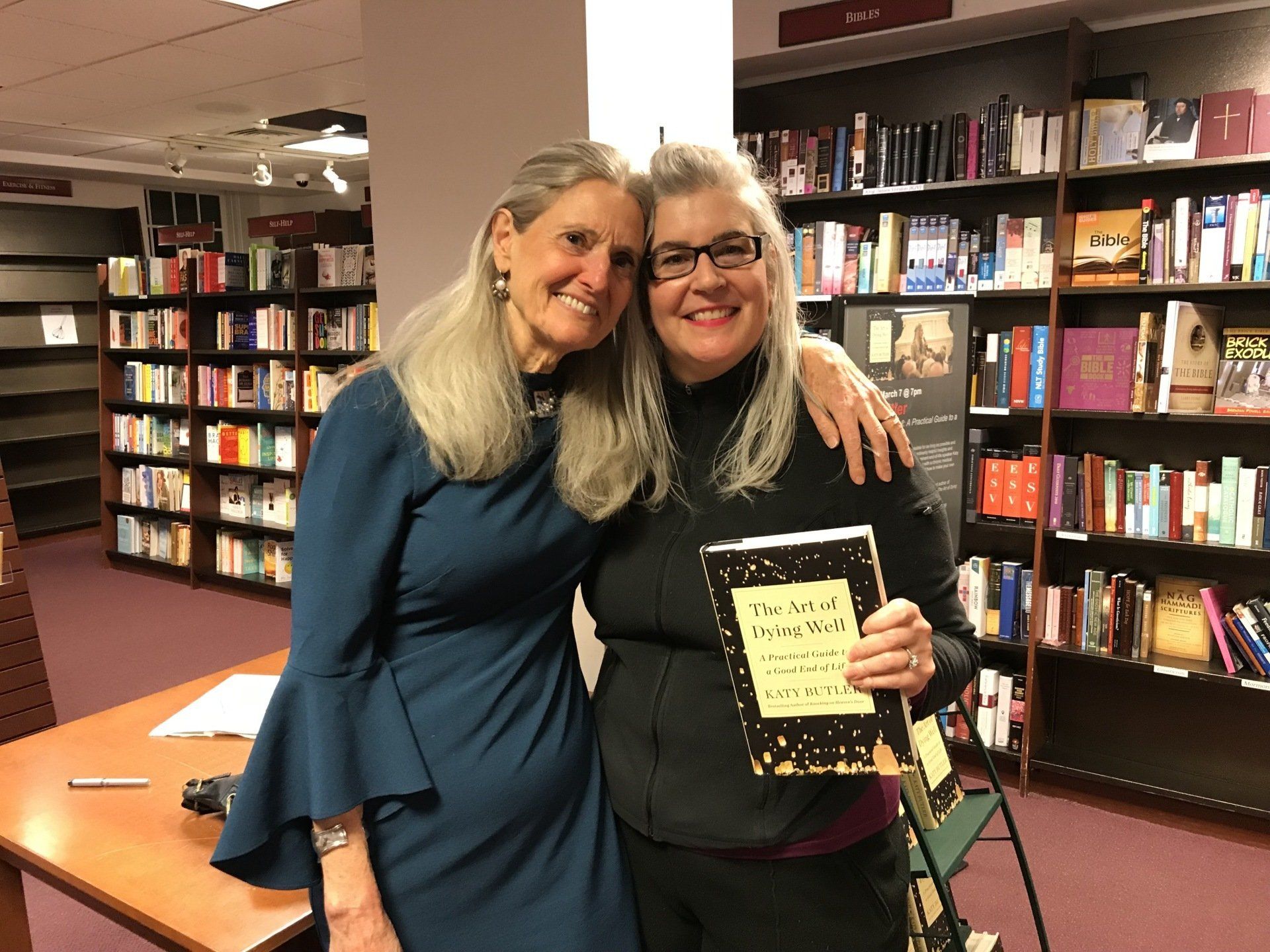Naming Your Grief
“You’ve named my grief. I never really recognized my grief until you talked about it in that way.”
—Kenneth Doka, Disenfranchised Grief: Recognizing Hidden Sorrow
Most of us associate grief with the physical and psychological response we have when someone dies. In truth, the experience of grief can be caused by many other life transitions or circumstances. We simply lack a cultural awareness and language for it.
Imagine those who lose someone to moderate-late-stage Alzheimer’s, alive but no longer the person they were. There is grief in that. There are so many experiences of grief that we are not prepared for: a stillborn child, the impact of a crime, the loss of a way of life. Grief can be awkward: what is the script for the death of a loved one by drug overdose or suicide, what happens when an estranged spouse dies? Death and grief are already so often uncomfortable in the broader social context of our lives, in some situations, even more so.
Sometimes there has been a loss or change that a person might not even recognize as grief or have given voice to yet. What about anticipatory grief, for example, when you know that the death of a loved one is coming, days or years before it happens? This grief is natural, real, especially when caring for someone with a long-term or incurable illness. It is normal and important to feel and process anticipatory grief along the way as undealt with, it can contribute to caregiver burnout.
My mother came close to death several times before she died. Processing the losses before mom died helped me reprioritize and reflect on how I wanted to show up with the remaining time that we had. For me, that meant pivoting, letting go of my agenda for mom to have what I deemed as a good end of life and honoring that mom is and has always been the expert of her own life, she had full cognitive capacity. I decided to worry less about the unknown fears of the future and show up with love one day at a time. It meant the world to me that mom came to me when she was ready to die and asked to borrow some of my books and resources to help her mentally, spiritually, physically prepare.
By integrating anticipatory grief, I could prepare myself for her decline and be present. I could also normalize my ongoing experience. When I felt disappointed that our marathon phone calls became fewer and fewer as her energy decreased, I reminded myself of what was happening in the bigger picture, and that it was normal. I could also appreciate that while I was sad that the calls were brief, I was one of the few people mom still phoned. No regrets.
There is a huge sense of relief when what we are experiencing has a name.
I often say that the COVID-19 pandemic has been a great grief ambassador because many of us have had something taken away from us. Many of us can recognize our experience of grief through one of these understandings:
Collective grief: Grief felt by a community, society nation after a tragedy.
Traumatic grief: Such as when a loved one dies in a way that is perceived as frightening or “abnormal.”
Living Losses: The loss of a job, a relationship, family, a lifestyle, a home, or a chronic diagnosis or death of a dream. These must be mourned in the same way as losses involving death.
Naming our experience can be part of normalizing our experience, part of our own self-care. In my practice I support clients in their end-of-life, those who have lost a loved one, as well as those experiencing living losses.
Grief paves the way for something new to emerge. It can take time, and it is not a linear process. The only right way to grieve is your way, what feels right to you. The important thing is to grieve. There is so much to be gained in honoring the grief process, whatever its cause, and with support, to find peace inside.
More about types of grief:
I like the blogs on the What’s Your Grief website.
Naming, by Carol Lynne Knight
If I name this grief,
Define it
Without guilt
And redemption,
Call it drowning,
Desolation,
Call it
Fire and stone
Then I am bound
To care for it,
Like a stray cat I name
That demands I feed him.
He comes and goes,
Sometimes disappears
For days and then returns,
Insisting that
I remember.


